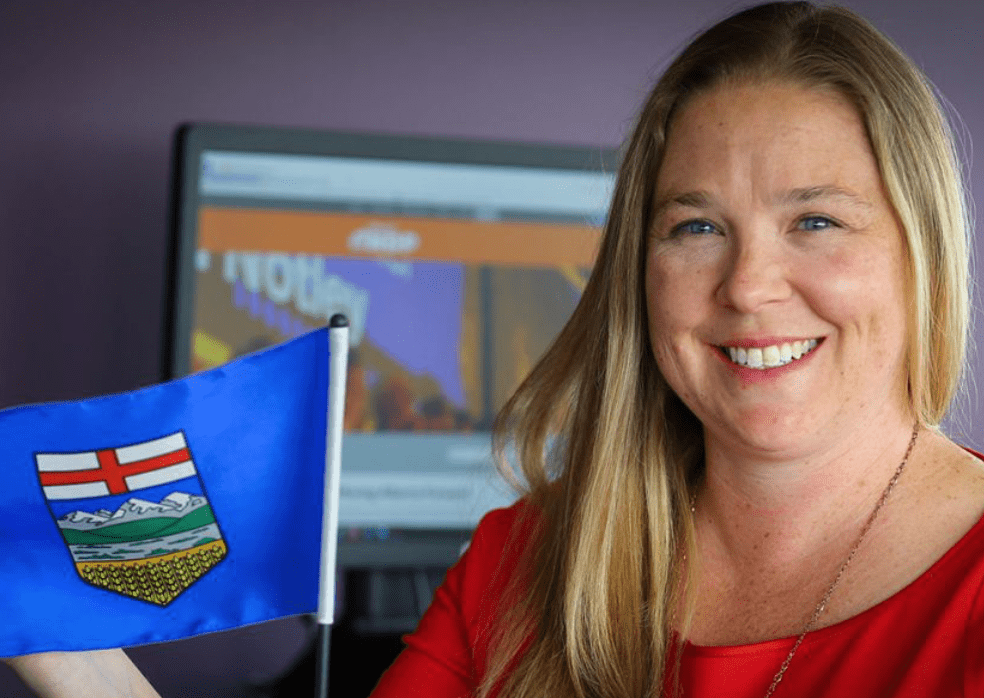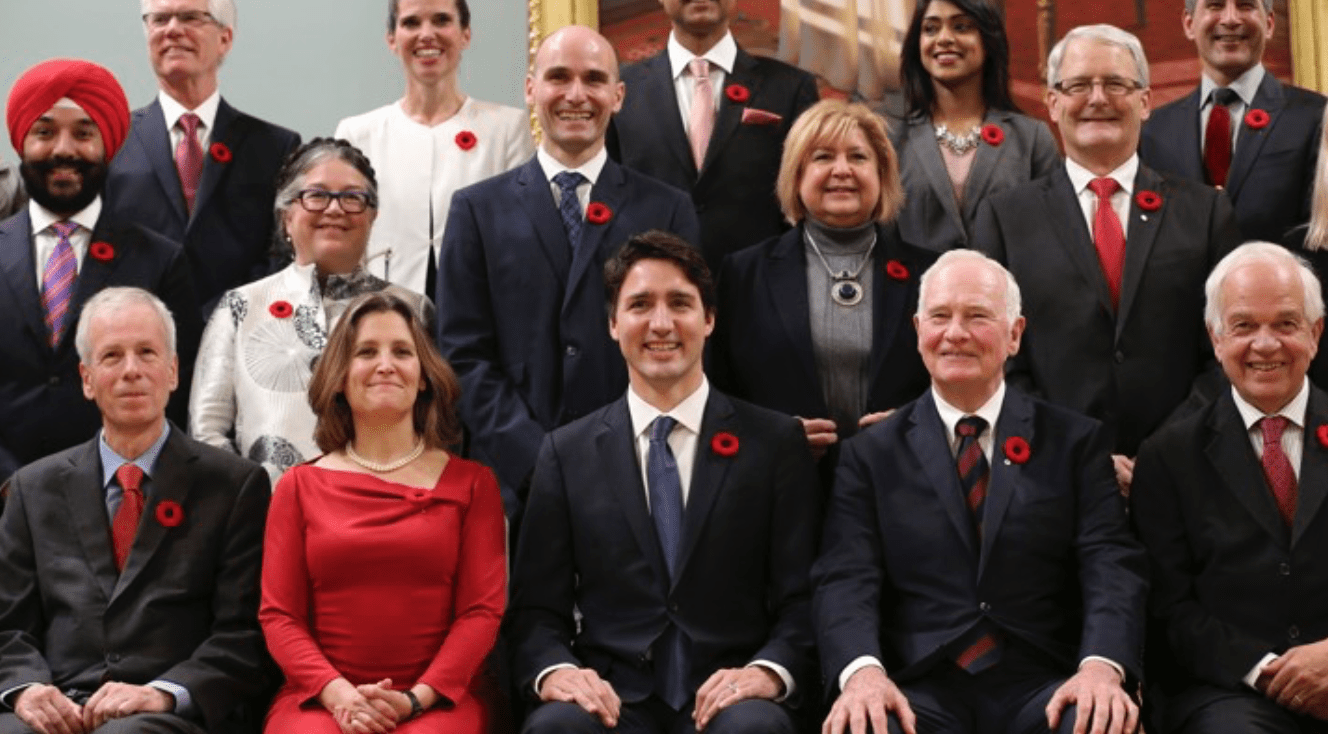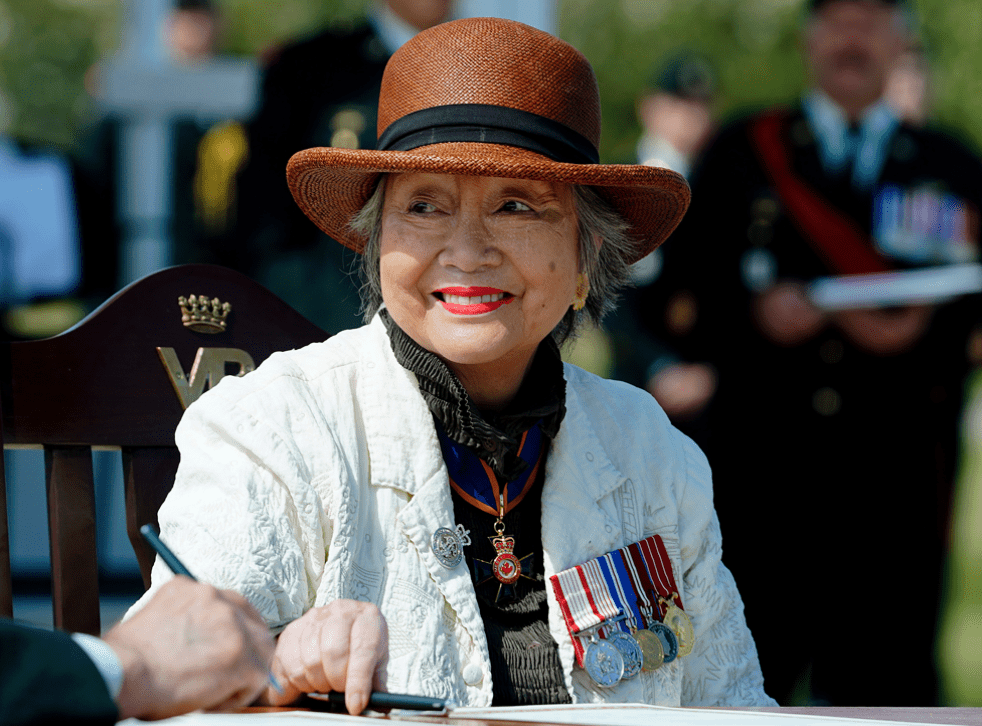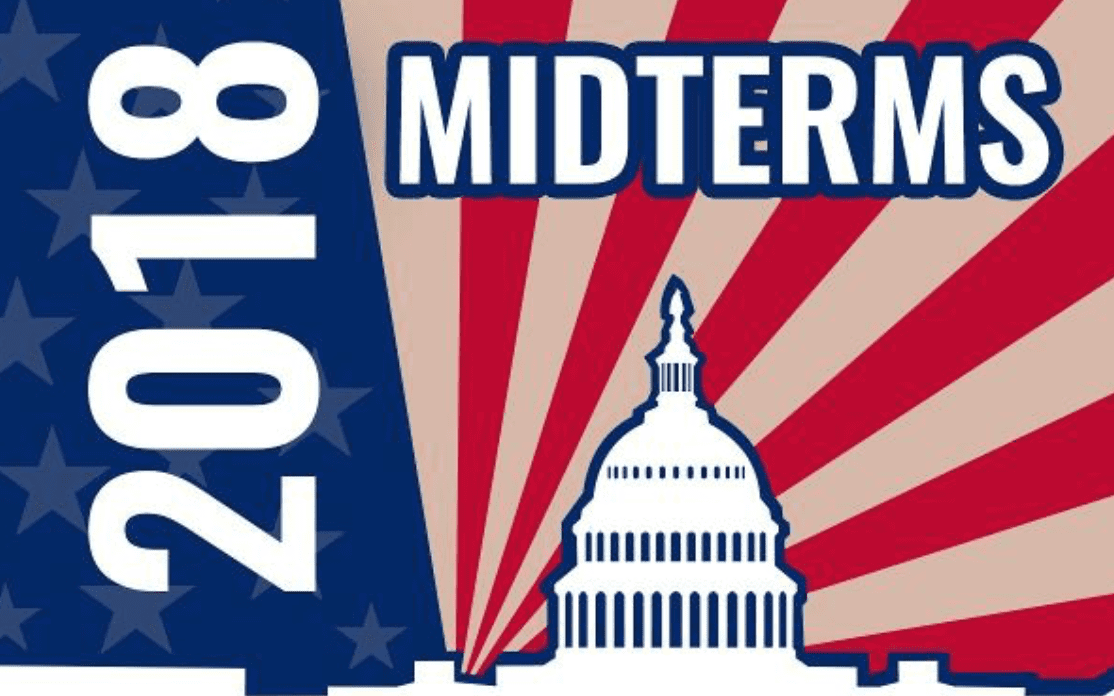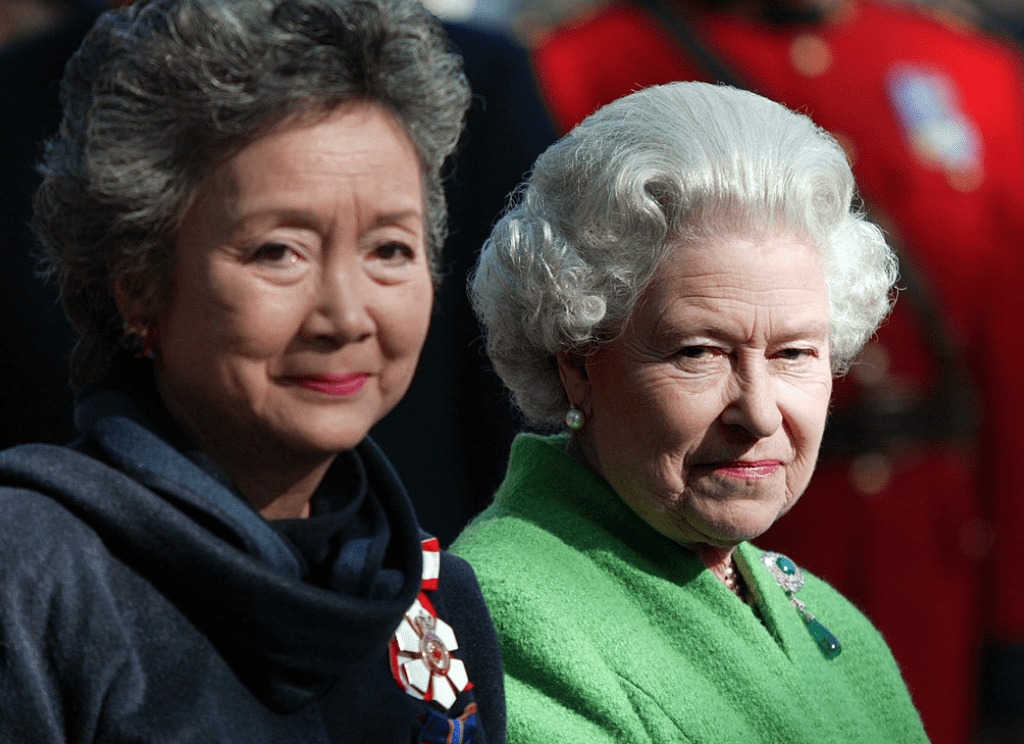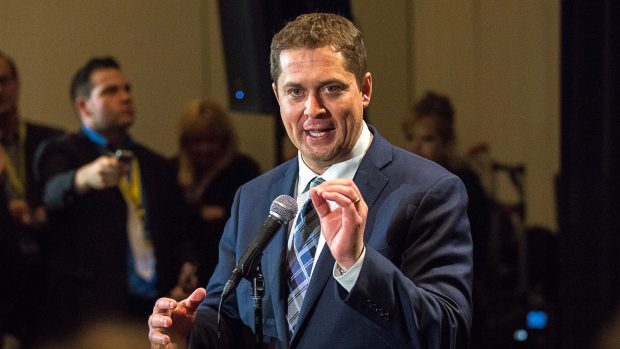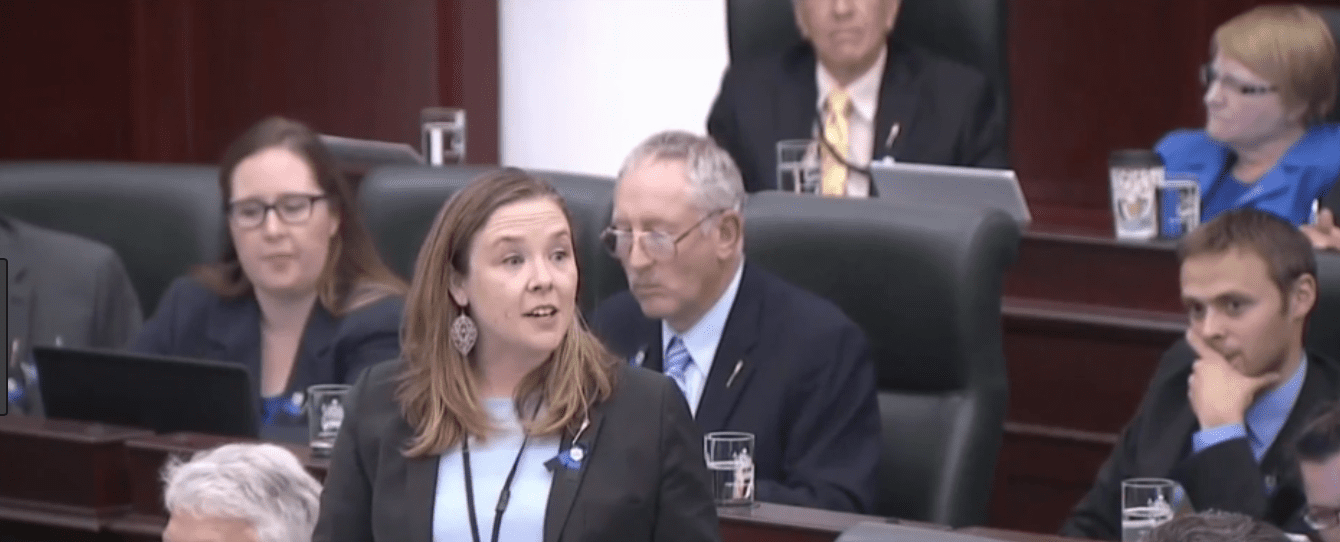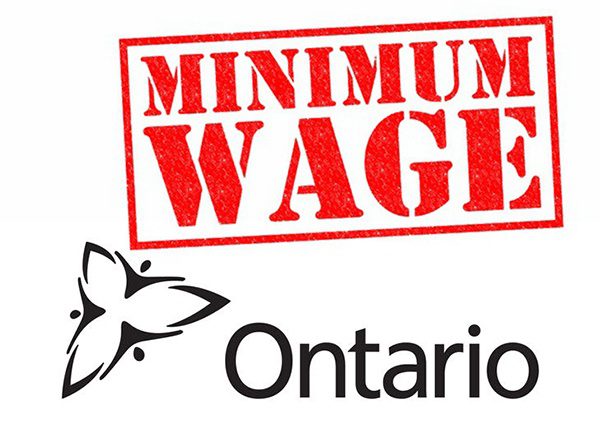Running a tight ship would seem a positive thing for a political leader.
Premier Rachel Notley is the unabashed central focus for the party's hopes and she commands a rare degree of personal loyalty.
The Alberta NDP has a reputation for unity. After so many decades in the political wilderness, the opportunity to form a government afforded by the 2015 election created a glow of well-being for the party and its happy band of MLAs.
Party conventions are love-ins. Debate of resolutions end in unanimous votes. Nominations for the candidates for the upcoming provincial election have been one-contender acclamations.
So the blistering attack on the premier's office and caucus operations by backbench Calgary East MLA Robyn Luff this week was a hand grenade detonated below decks.
The fact that she named the premier in her press release on her grievances was the real shocker.
"Under Rachel Notley's leadership, every power that MLAs are supposed to have to be able to represent their constituents in the legislature has been taken away or denied from the start," thundered Luff.
She argued the questions backbenchers ask in the legislature are written by cabinet minister offices. She said backbenchers statements are curtailed and edited by caucus officials and their social media expression is curtailed. She said there is a "culture of fear and intimidation that leads to MLAs being unable to properly represent their constituents in the legislature."
In protest, she said she would not attend the legislature, a decision that doesn't come without a penalty — after 10 days out of the House, MLAs lose $100 per day from their indemnity allowance and $50 from their expense allowance. In a not too surprising development, the NDP caucus has voted, unanimously of course, to turf Luff from their ranks.
Luff says she won't switch to another party and won't go back to the legislature. She had already announced in September that she doesn't plan to run in the spring election.
So is this a big reveal of dissension in the ranks? Will there be more defections? Or is Luff's frustration an extreme version of the restiveness all backbenchers feel at some point about party discipline and efforts to stay on message and presenting a unified image.
The source of Luff's discontent is becoming more clear as events unfold. Luff was more specific about her complaints in a public letter released after being tossed from caucus.
"For instance we were told that if we had any information on opposition members who had behaved inappropriately towards women that it was best not to go public with it because our party wasn't completely without fault on the matter," she wrote.
That remark brought a swift response, with Health Minister Sarah Hoffman quickly protesting that the government doesn't tolerate sexual harassment or assault and she's unaware of any such directive.
"When Jagmeet Singh was in town we got a text message saying not to be photographed with him," said Luff.
Given the state of the relationship between provincial and federal leaders right now, that might be true, conceded Hoffman.
More telling are her complaints about being stymied in her efforts to get her own constituents' concerns to the front of the government agenda. She wants a review of the Mobile Home Site Tenancies Act to protect people in her riding having problems with their landlords. She wants more Early Learning Screening for the kids in her constituency. And she would have liked a study on the implementation of the province's carbon levy.
Like every backbencher ever, she would like to be heard by the leadership in her caucus. She wants to prove she's working for her constituents but that just doesn't fit the government's immediate agenda.
In an interview with CBC radio Tuesday afternoon, Luff said she doesn't like "constantly being told exactly what to do all the time."
She went on to admit that she's sure all parties impose the same sort of restrictions on backbench MLAs.
And then she dropped the most surprising remark of all.
"I think the NDP is the best choice for Albertans moving forward."
But of course Luff's protest could have done damage to the party she claims to still support.
UCP Leader Jason Kenney isn't wading into the fray so far. "It's a dispute between one member and their caucus," he said.
But Alberta Party house leader Greg Clark gleefully went there, voicing the doubts that Luff's broadsides have left hanging in the minds of voters.
"How can Albertans or those who work in the public service, have faith in the anti-bullying policies that are in place when your own government doesn't seem to play by the same rules?"
Photo Credit: The Province



